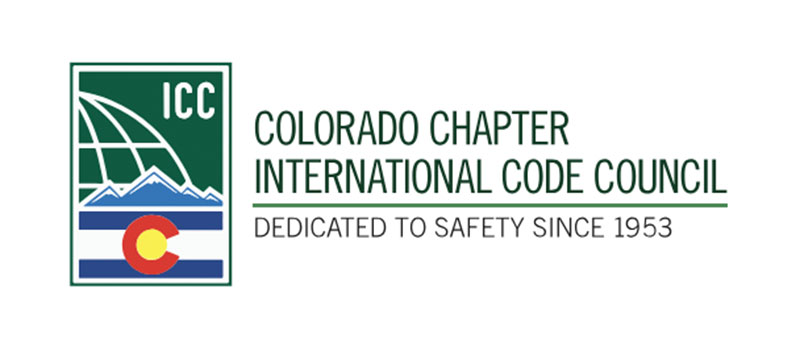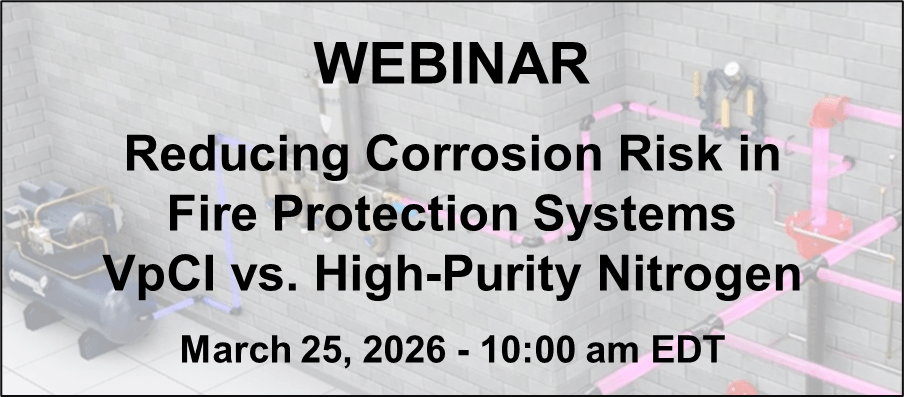-
Arabic
-
ar
Bengali
-
bn
Chinese (Simplified)
-
zh-CN
Chinese (Traditional)
-
zh-TW
English
-
en
Filipino
-
tl
French
-
fr
German
-
de
Hindi
-
hi
Indonesian
-
id
Italian
-
it
Japanese
-
ja
Persian
-
fa
Portuguese
-
pt
Russian
-
ru
Spanish
-
es
Swedish
-
sv
Ukrainian
-
uk
To join the IFSA
Membership in the IFSA is open to any corporation, partnership, trade association, society, or person engaged in the manufacture, sale, installation, design, inspection, testing, maintenance, promotion or regulation of automatic fire sprinkler, water spray or water mist systems.
Copyright 2026 International Fire Suppression Alliance, Ltd. All rights reserved. | Privacy Policy




